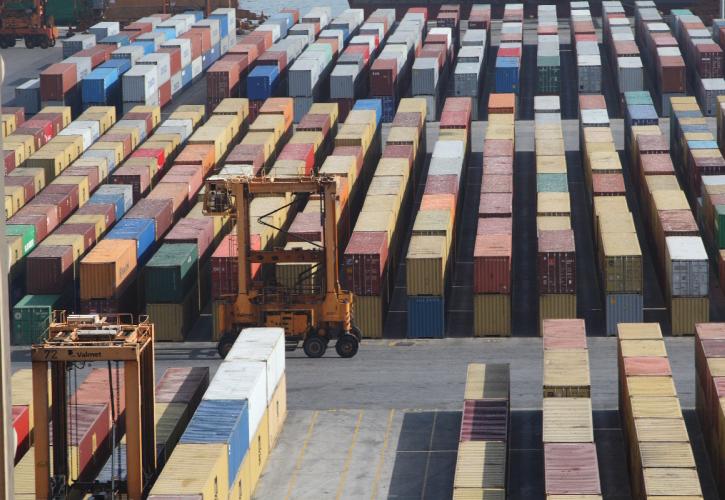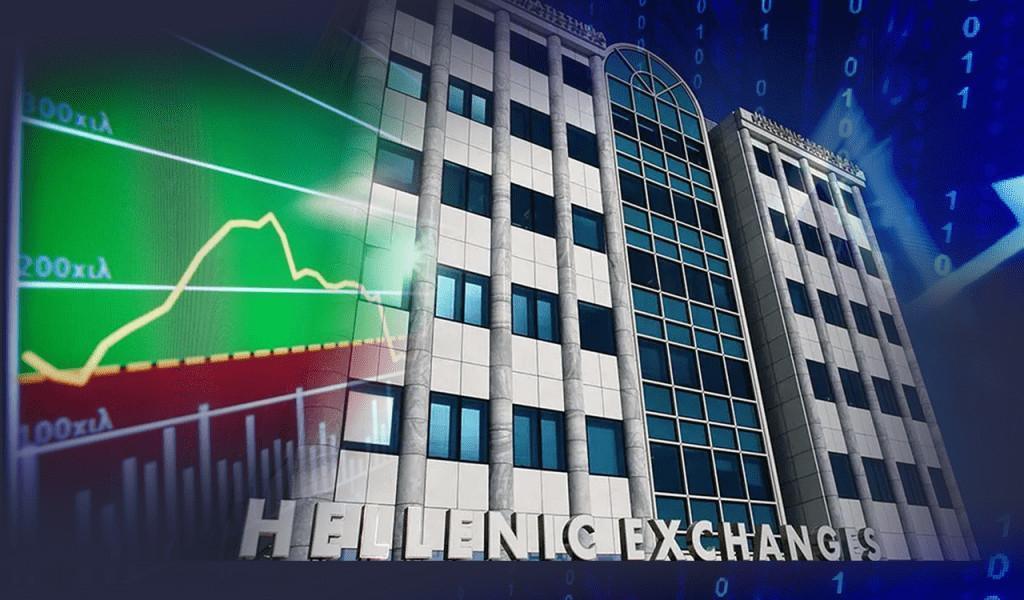The current account deficit jumped to 2 billion euros in January 2022, according to data from the Bank of Greece.
This raises concerns about the course of the Greek economy, as it is an indicator of its competitiveness.
In particular, as mentioned in a relevant announcement, the current account deficit increased by 1.6 billion euros compared to the corresponding month of 2021 and amounted to 2 billion euros.
In January 2022, the current account deficit increased compared to the corresponding month of 2021, mainly due to the deterioration of the balance of goods and, to a lesser extent, the balance of primary income, which was partially offset by the improvement of services and secondary income.
Why this rise?
The increase in the goods deficit is due to the fact that imports of goods grew at a much faster rate than exports, both at current and fixed prices. Specifically, exports increased by 35.4% at current prices (4.1% at constant prices) and imports by 57.9% at current prices (19.8% at constant prices). In particular, exports of non-fuel goods increased by 22.8% at current prices (11.4% at constant prices) and imports of non-fuel goods increased by 41.9% at current prices (32.7% at constant prices).
The surplus of the services balance increased as a result of the improvement of all the individual balances (travel, transport and other services). Arrivals of non-resident travelers and related receipts increased significantly (by 256.7% and 309.8% respectively). The small increase in the transport surplus is due to the improvement in the maritime transport surplus.
The surplus of the primary income balance recorded a decrease compared to the corresponding month of 2021, mainly due to the decrease in net interest, dividend and profit receipts. The surplus of the secondary income balance increased compared to the corresponding month of 2021, mainly due to the increase in the net revenues of the sectors outside the general government.
Capital Balance
In January 2022, the capital balance showed a deficit against a surplus in January 2021.
Total Balance of Current Transactions and Capital
In January 2022, the total current account and capital balance (which corresponds to the needs of the economy for foreign financing) recorded a deficit of 2.2 billion euros, compared to a small surplus in the same month of 2021.
Financial Transaction Balance
In January 2022, in the category of direct investments, residents ‘receivables from abroad increased by 21.9 million euros, while residents’ liabilities to foreigners increased by 635.2 million euros.
In portfolio investments, the increase in residents’ receivables from abroad is mainly due to the increase by 3.2 billion euros of their holdings in bonds and bonds abroad. The increase in their liabilities is due to the increase in non-resident placements in bonds and interest-bearing bills of the Greek State by 2.5 billion euros.
In the category of other investments, there was a decrease in residents ‘receivables from abroad, mainly due to the decrease in residents’ investments in deposits and repos abroad by 661.0 million euros, which was partially offset by the statistical adjustment (323.0 million associated with the issue of banknotes. The increase in their liabilities is due to the increase in non-resident placements in deposits and repos in Greece (including the TARGET account) by 1.6 billion euros.
At the end of January 2022, the country’s foreign exchange reserves amounted to 12.7 billion euros.


![Φόροι: Ποιες φορολογικές εκκρεμότητες λήγουν το 2025 [πίνακας]](https://www.ot.gr/wp-content/uploads/2025/12/taxes-740202_1280.jpg)








![Χρυσή βίζα: Μειώνονται οι αιτήσεις – Γιατί φρενάρει η ζήτηση [πίνακες]](https://www.ot.gr/wp-content/uploads/2025/11/golden-visa-768x516-1-1.jpg)

























